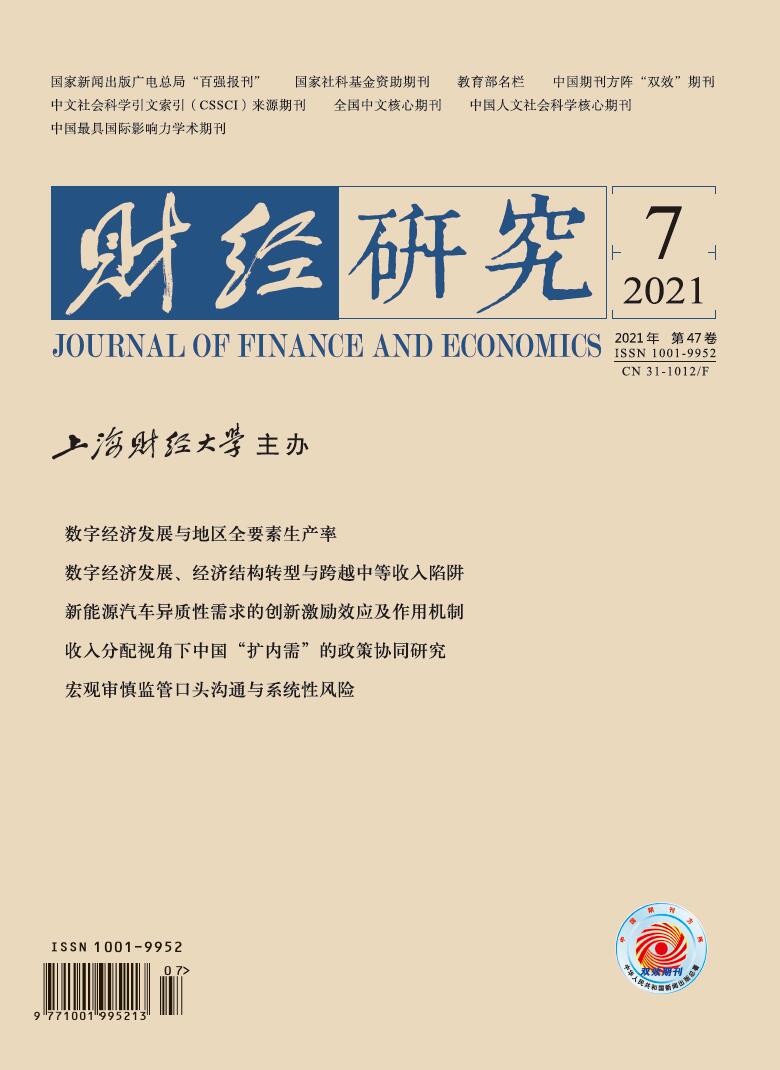Major industrialized countries, including China, are gradually aging, and resource constraints are increasingly tense. The traditional production system can no longer meet the requirements of sustainable economic development. However, with the rapid development of digital economy, it is becoming the main trend to promote the high-quality development of economy through the development of digital economy. At the same time, people are generally concerned about not only whether big data and AI can increase productivity but also whether Digital Gap will be deepened.
The Chinese government also attaches importance to the development of digital economy and started the construction of National Big Data Comprehensive Pilot Zone in 2015. Through undertaking seven tasks, the Pilot Zone has promoted the development of regional digital economy. Based on this rare quasi-natural experiment, this paper evaluates the effect of digital economy development on regional total factor productivity. We use the balanced panel data of China’s prefecture-level cities from 2013 to 2017 to estimate the Generalized DID model, and find that the Pilot Zone significantly improves the regional total factor productivity, which is dominated by pure technological progress. At the same time, the Pilot Zone helps to increase the innovation related to regional and digital industries, and enhance the intellectualization and R&D level of manufacturing enterprises in the zone.
In addition to the average effect of the Pilot Zone on productivity, we also test whether the development of digital economy can help relatively backward areas achieve leapfrog development. We find that the Pilot Zone has a stronger promotion effect on total factor productivity in less developed areas, less innovative areas and areas with higher industrial structure. In addition, the Pilot Zone has a greater role in promoting the total factor productivity of areas with net labor loss. Therefore, we suggest that regions with insufficient economic growth momentum, especially those with aging and serious labor outflow, can develop big data and artificial intelligence industry to alleviate the pressure of development.
The possible marginal contribution of this paper lies in the following aspects: First, in the environment of benign interaction between government and effective market, the government has issued regional industrial policies to promote the development of big data industry, but no literature has investigated whether these policies will promote regional productivity. Second, there is a lack of empirical research on whether big data industry can promote productivity at the meso level which is directly related to the local economy. From the perspective of National Big Data Comprehensive Pilot Zone, this paper analyzes it as a policy variable to fill the gap in this aspect. Finally, although the existing literature generally agrees that the Internet and intellectualization play a positive role in economic growth, it does not reach a consensus on whether the digital divide will continue to deepen. Through the heterogeneity analysis, this paper examines whether the relatively backward regions can achieve leapfrog development through the development of digital industry under the background of unbalanced regional development in China.






 9647
9647  16045
16045

